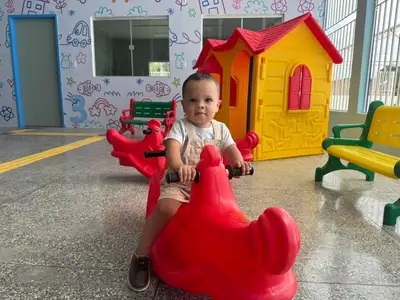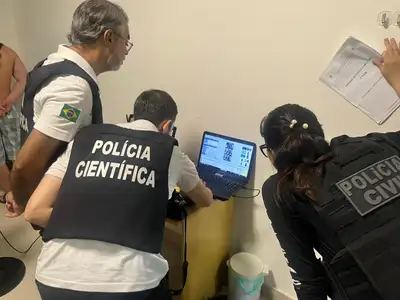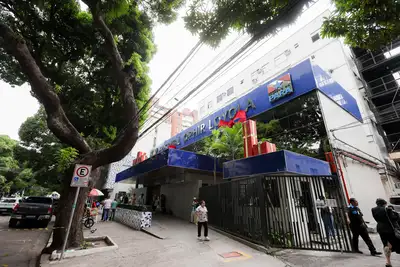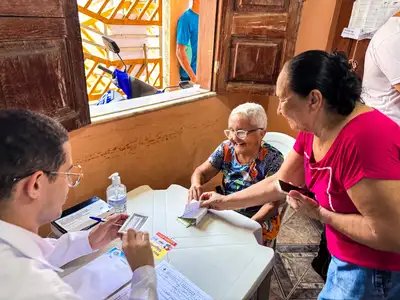Health care for travelers is the theme of a webinar from Uepa/CCBS's Digital Health Project
Vaccination is considered an essential intervention for travelers
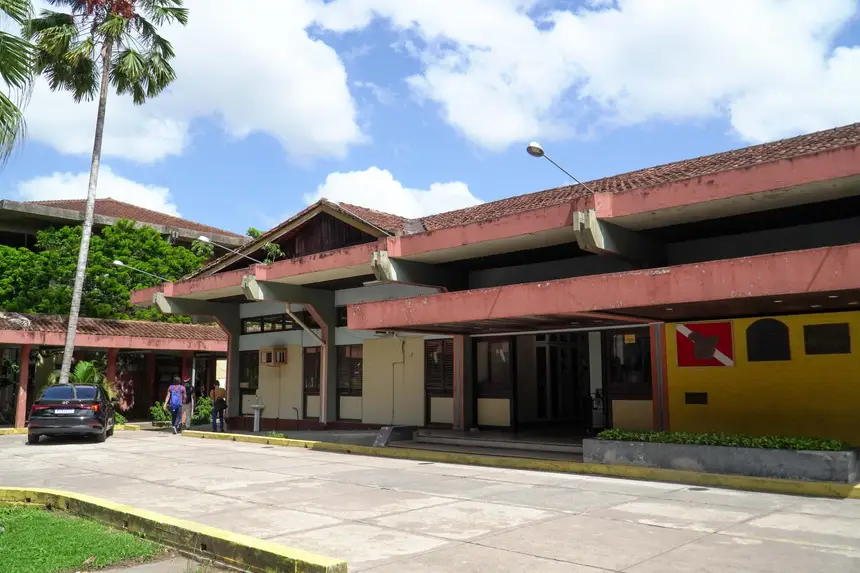
The large flow of visitors at events raises challenges associated with infrastructure, security, and health. The 30th United Nations Climate Change Conference (COP30), taking place this November in Belém, will bring together representatives from civil society and national and international institutions. About 50,000 people are expected to visit the capital of Pará. Therefore, the Digital Health project of the State University of Pará (Uepa) promoted, among its activities, the webinar "COP30 and Travelers: Health Care for Major Global Events." The project from the Center for Biological and Health Sciences of Uepa, in partnership with the Ministry of Health, strengthens remote care and telehealth by connecting citizens to specialists through information technologies.
The webinar, which can be viewed at this link, addressed health risks at major global events, mitigation measures to minimize individual illness during travel, and ways to prevent diseases. The facilitator was public health researcher and infectious disease physician Tânia Chaves, a member and coordinator of the Travel Medicine Committee of the Brazilian Society of Infectiology (SBI).
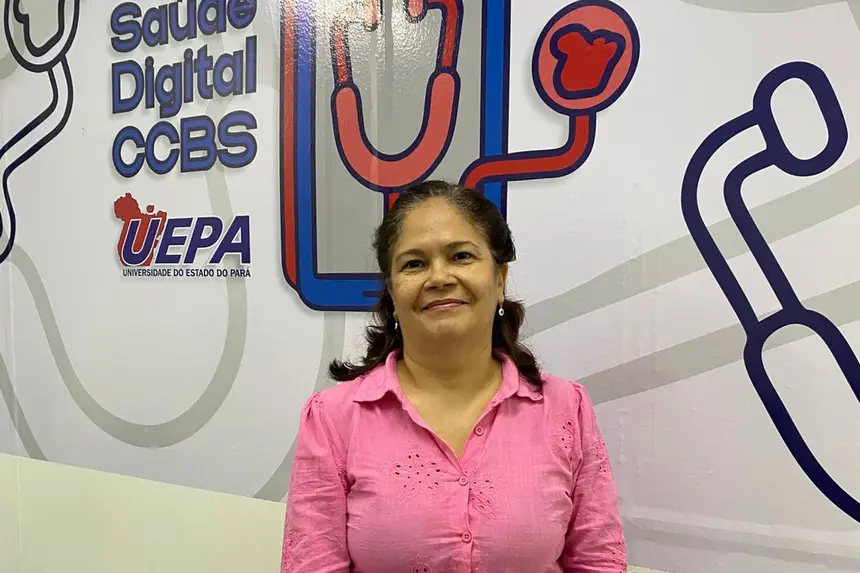
The infectious disease specialist presented the main health care and recommendations for people who will travel, especially in the context of COP30; the global importance of the conference discussions and how major events impact public health; major infectious diseases related to travel; guidelines for national and international travelers; prevention strategies, vaccination, and surveillance. The researcher emphasized that the World Health Organization (WHO) estimates that between 2030 and 2050, climate change will cause more than 250,000 deaths per year, and the Americas region is one of the most vulnerable to changes.
According to the webinar, the holding of COP30 includes specific health challenges due to the high mobility of individuals from various countries with different health profiles and the vulnerability of the Amazon region, specific environmental conditions, with the presence of vector-borne tropical diseases (mosquitoes), such as dengue or yellow fever, which require special attention. As well as respiratory transmissible diseases; viral diseases, such as flu and influenza; and sexually transmitted infections (STIs). To reduce risks, it is essential to guide travelers, encourage vaccination updates, and conduct risk assessments before the event, which required rigorous preparation from authorities to ensure the safety of participants and the local population. The physician also mentioned the importance of local health infrastructure, such as defining reference hospitals, epidemiological surveillance networks; monitoring outbreaks or public health emergencies at the event location.
Travel Medicine - The infectious disease specialist introduced the concept of Travel Medicine as a preventive medical field that deals with travelers, such as refugees, immigrants, people traveling for leisure, work, humanitarian missions, as well as elderly individuals or those with chronic diseases. And the importance of conducting pre-travel assessments by checking the destination, duration of the trip, means of transportation, time of year, understanding the local epidemiology of infectious diseases, updating vaccines, and assessing comorbidities or allergies of the traveler.
Prevention - Vaccination is considered an essential intervention for travelers, both routine vaccines and recommended vaccines, according to the risk of exposure at the destination. Among the preventive measures for travelers, the use of repellents, sunscreen, protective clothing, maintaining hydration, paying attention to local weather, bringing basic and ongoing medications, avoiding overcrowded places, maintaining hygiene, water quality, sleep, and nutrition are also included.
In addition to the importance of digital health/telehealth as a complement for quick care in areas with high demand, the physician emphasized that the success of COP30 will depend on intersectoral integration, collective awareness of health prevention, and the importance of the role of the Unified Health System (SUS) in integrating management levels and ensuring rapid responses in public health.
Digital Health of Uepa/CCBS - Launched in 2024, under the Brazil Telehealth Network Program, the Digital Health project of Uepa/CCBS has already conducted more than 70 webinars open to the public and over three thousand consultations with doctors in specialties such as cardiology, neurology, orthopedics, rheumatology, urology, and dermatology. It has also promoted in-person and online training for various municipalities, qualifying professionals in remote locations and improving care for the population of 27 contracted municipalities. Through university extension, the project includes scholarship students from the health area and also focuses on training professionals through telehealth and tele-education to enhance the effectiveness of Primary Care. To learn more, visit the project website.
Text: Diane Maués




